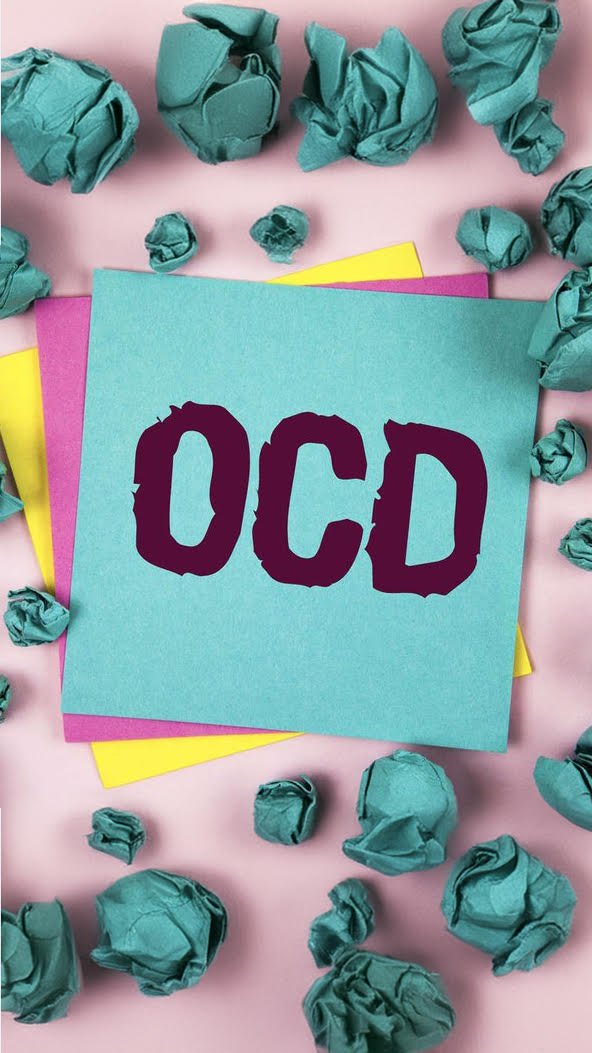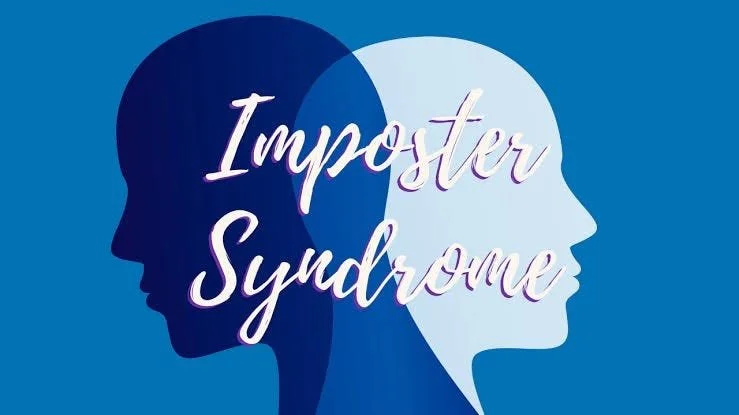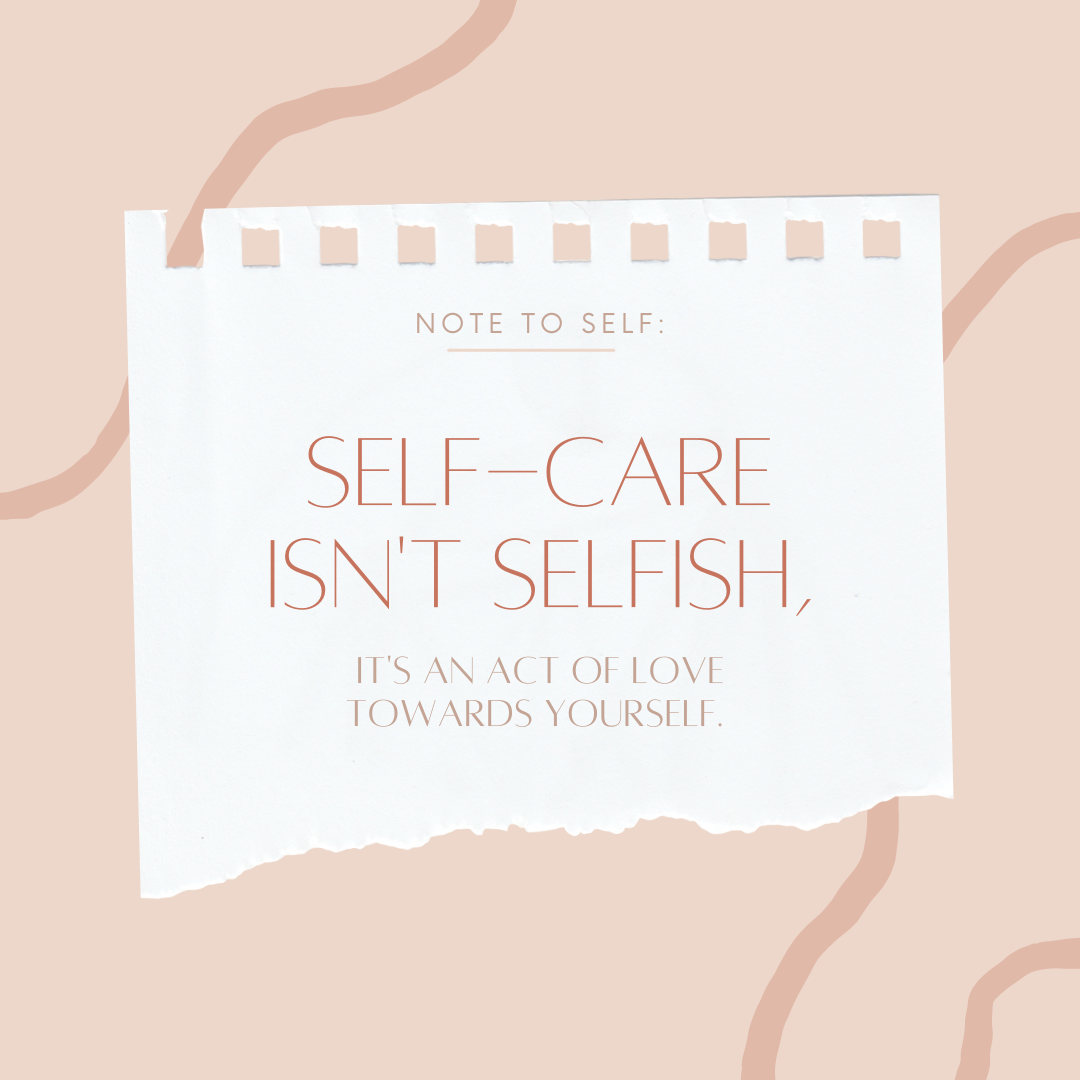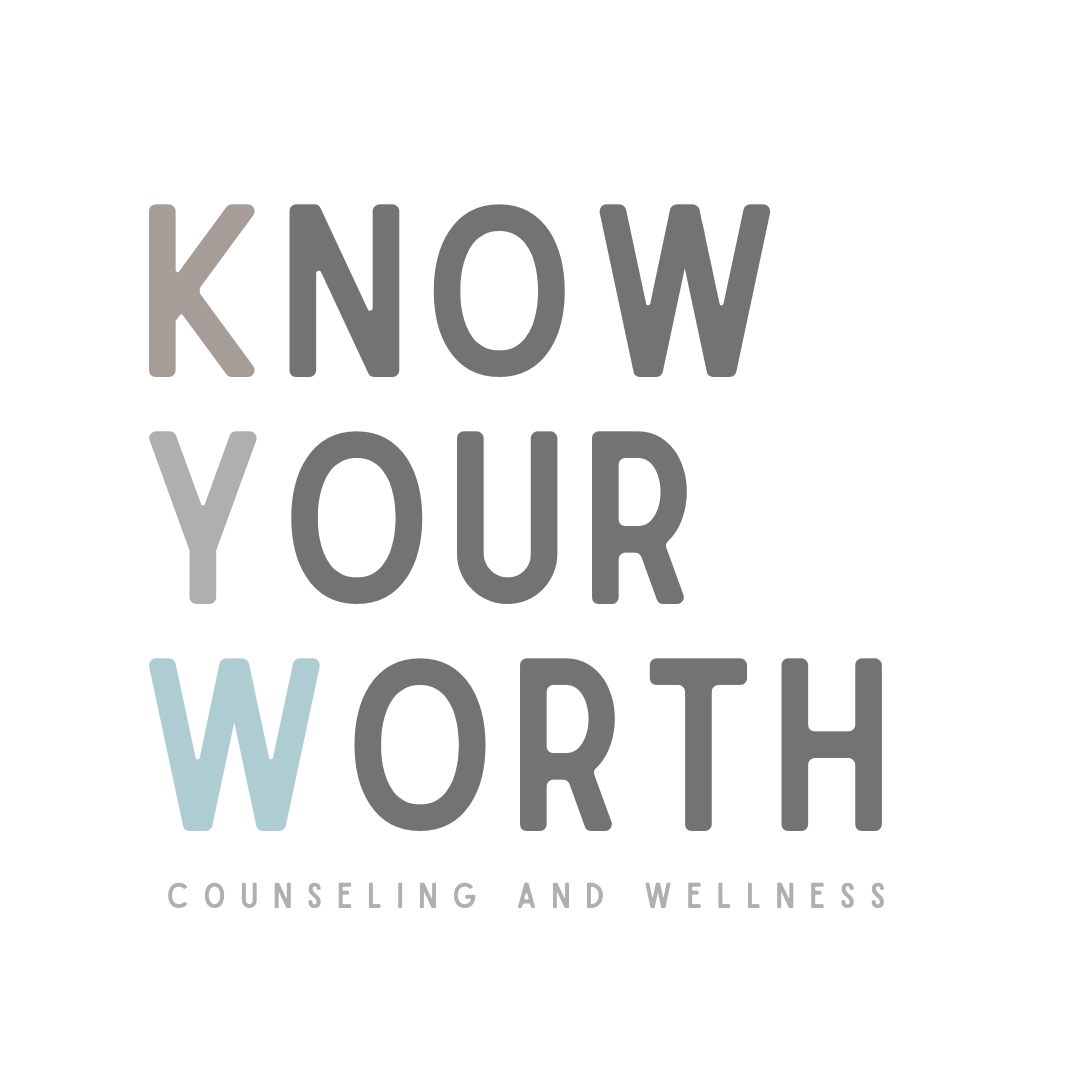
Mental Health Insights and Resources
Know Your Worth Blog
Expert Advice on Therapy, Wellness, and Personal Growth

How Individual Counseling Can Help You Build Self-Worth and Confidence?
We all face moments of self-doubt, but when low self-esteem becomes part of your daily life, it can affect your relationships, work, and overall well-being. It’s easy to doubt yourself when life feels heavy, when you’re constantly second-guessing your choices, comparing yourself to others, or brushing off your own needs. Confidence doesn’t always come naturally, and self-worth can feel out of reach when you’ve spent years putting yourself last.

How Teen Counseling Helps with Social Anxiety and Making Friends
For many teens, making friends isn’t as easy as just saying hello. Social anxiety can create overwhelming fear in everyday situations, like speaking up in class, joining a group, or starting a conversation. Over time, it can lead to isolation, loneliness, and low self-esteem. You want to connect, but fear and self-doubt keep getting in the way.

What Does Couples Counseling Do?
Every relationship goes through its highs and lows. There are moments of deep connection and times when misunderstandings seem to pile up faster than the dishes in the sink. Even the strongest couples can find themselves feeling stuck, unheard, or distant. When that happens, it’s natural to wonder if there’s a way back to better days.

The Benefits of Christian Counseling for Trauma Recovery
When life shakes you to the core, it can feel like the ground beneath you has cracked. Whether from loss, abuse, illness, or heartbreak, trauma leaves deep marks that don’t always heal on their own. In those quiet, painful moments, many people long for comfort, not just for the mind, but for the soul.

How Individual Counseling Helps You Understand Yourself Better?
Feeling overwhelmed by stress, work, or relationships? It’s easy to get stuck in your head, not knowing what to do next. The good news is you don’t have to face it alone. Sometimes, stepping back and gaining a better understanding of yourself is the best way to move forward. That’s where individual counseling comes in. It’s a safe space to sort through your thoughts and feelings. By gaining a deeper understanding of yourself, you can achieve clarity and peace, enabling you to make genuine, lasting changes.

Signs Your Teen May Need Counseling
As a parent, watching your teen go through challenges can be tough. Teenagers experience many changes during adolescence, and sometimes these changes can be overwhelming. While it's normal for teens to feel moody or withdrawn at times, certain signs may suggest your teen needs counseling.

What Is Couple’s Counseling?
Couple counseling, also called marriage counseling or couples therapy, helps partners improve their relationship with the guidance of a professional therapist. It provides a safe, structured space where couples can openly discuss their concerns, resolve conflicts, and build stronger communication skills.

What is Individual Counseling?
In individual counseling, you work one-on-one with a therapist to explore your thoughts, actions, and feelings. So, what is individual counseling? It's a treatment that helps you work through emotional and mental health challenges, like anxiety, depression, life changes, relationship problems, and personal growth.

The Reoccurring Battle: How to Deal with High-Conflict Relationships
Do you find yourself constantly pulled into emotional and psychological battles with someone in your life? Perhaps you feel drained, alone, and trapped, with nothing left in your emotional or mental tank to respond to their persistent need for conflict. If you've been in this "ring" for a while, the exit may seem elusive.

How a Word of the Year Can Guide Your Goals and Strengthen Your Faith
What I’ve learned is that sometimes God gives us a word that feels like a challenge. Maybe you were hoping for a word like strength or success, but you get rest or patience instead. It can be hard to lean into something that feels unfamiliar or uncomfortable, but I believe God uses these words to grow us, refine us, and draw us closer to Him.

Grounding: Cultivating Awareness, Safety, & Self-Compassion
With grounding, people are able check-in with their body, mind, and emotions, work through simple exercises to calm the nervous system, and lean in to notice more about themselves. If someone chooses to incorporate the concept on a consistent basis, there is often a noticeable improvement with anxiety, depression, stress, and managing PTSD.

Pillars of Parenting: Anchoring Yourself & Family
Demands from every direction are often vying for a caregiver’s/parent’s energy and time with career/job, personal responsibilities, endless commitments, and calendar family to-dos. There are pings coming from all over the place! With all the tug of war on families, “back to the basics” allows for grounding and structure. Part of the narrative starts with holding space for children and family. What lays the foundation as well as provides direction and protection to anchor your family?

OCD: Struggles & Supportive Strategies
The term Obsessive Compulsive Disorder (OCD), is often visualized as someone with cleaning and perfecting tendencies. Because of pop culture, many envision someone washing their hands multiple times of the day or making everything orderly and pristine. However, there are several unknown parts to OCD, leading someone walking out the day to day struggles to feel isolated and at a loss of how to support themselves. Because of intense levels of anxiety, people with OCD often fear disclosing more to even loved ones, due to being seen as abnormal or judged.

The toxicity of DARVO: Deny, Attack, Reverse Victim, and Offender
In abuse situations, there is a phrase called DARVO (Deny, Attack, Reverse Victim, and Offender), which helps shed light on what happens as well as how offenders attempt to avoid consequences and receive sympathy. The tactic maybe employed publicly or privately! DARVO, coined by psychologist Dr. Jennifer Freyd, was originally created to explain cases of sexual abuse, when offenders placed blame back on the victim.

Living a Life of Emotional Expression
Surprisingly, research shows people are only able to identify about three emotions in themselves and others: bad, sad, and glad. What if people honestly asked themselves the question, “what feelings/emotions came up today for me?” Instead of running through the facts of the day, an emotional check-in creates an opportunity for self-expression and a deeper connection and compassion in relationships too.

Full stop…narcissist ahead!
Although when people say the word narcissist, there are automatic red flags expected from the phrase, people still find themselves caught in a damaging relationship with a partner, family member, or colleague. Oftentimes, individuals question themselves, their reality, and experience low self-esteem. For some, the relationship is short-lived, while others spend years in a toxic dance.

Imposter!!
The phrase imposter syndrome is thrown around in many circles but especially related to career and the world of work. The premise involves someone who feels unworthy and less than. In the mind of someone experiencing imposterism, there is a strong sense of feeling fake. A person may seek improvement plans and wait for “the shoe to drop.” High achieving people tend to fall into the category too. Left unchecked and unsupported, the voice of the imposter drowns out the potential of growth and development.

Got Self-Care?
As you gain momentum with the New Year, finding a routine is hard enough! If you are juggling numerous responsibilities and supporting others, giving yourself a few moments of self-care may seem impractical and impossible. Without taking time out, the risk of burn-out increases though.

Navigating Grief & Loss
Grief and loss are immeasurable, with no timetable. Oftentimes, society dictates a certain amount of time for grief and loss, and then people are told to move on. Grief is unique though, and there is no one standard experience nor any set timeframe. Each person needs to find their way to fully grieve.

Balancing Sleep for Your Mental Health
When the time change occurs over the next month, resetting sleep becomes a focal point. For some though, sleep was already laborious. Society creates a culture of hustle, with constant information overflowing everywhere, not allowing the body and mind to slow down. Some experience FOMO (Fear Of Missing Out) when they are not constantly involved and moving too. High productivity is demanded in careers/jobs, and family schedules insert numerous activities and events for children and adults.

